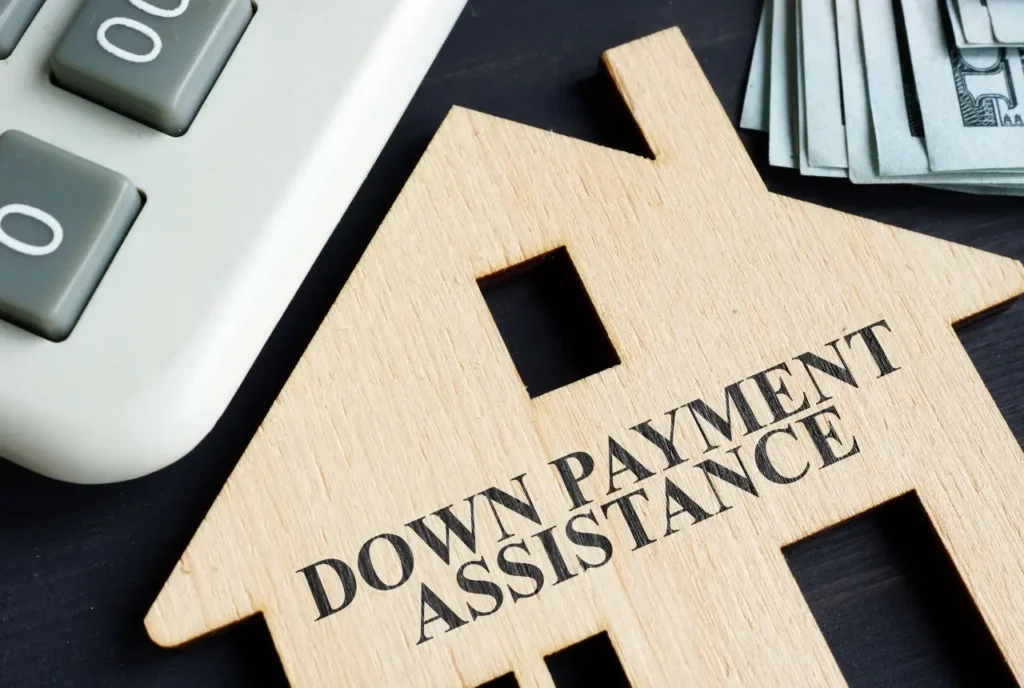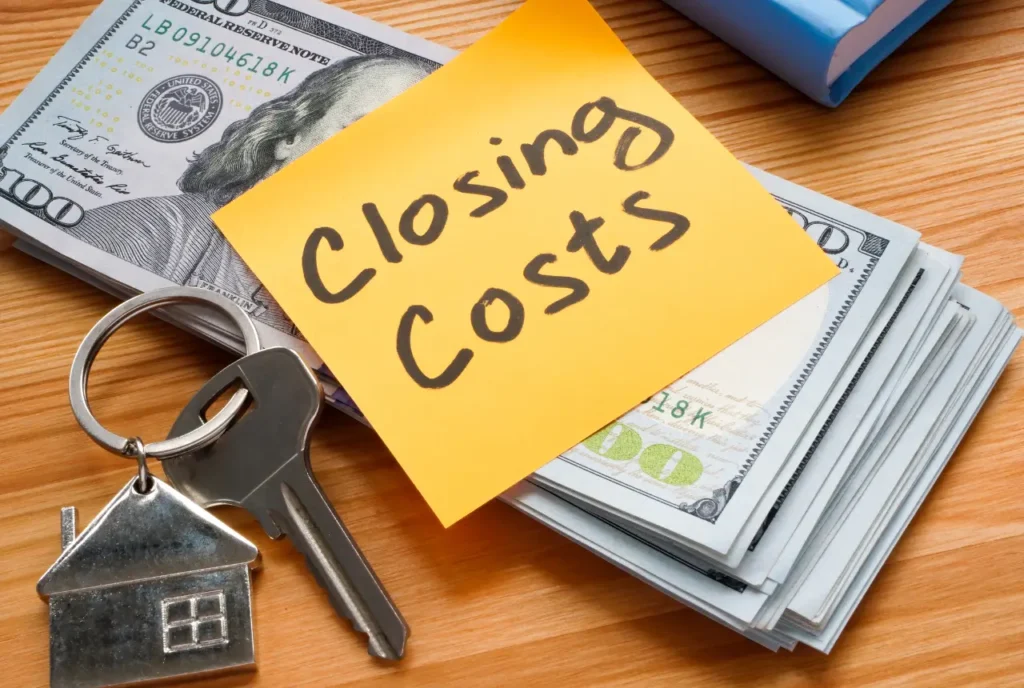![]()
Purchasing a property is a significant life decision, hence the ideal time to buy a property can significantly impact your experience. While the “ideal” time can vary depending on several factors, understanding market trends and preparing yourself financially can maximize your benefits and help you achieve your dream of property ownership.
Finding Out the Ideal Time to Buy a Property
1. Market Considerations: Buyer’s Market vs. Seller’s Market

The housing market fluctuates between buyer’s markets and seller’s markets. In a buyer’s market, there’s more supply (available properties) than demand (potential buyers). This often leads to lower prices, more negotiating power for buyers, and a wider selection of properties. Conversely, seller’s markets see high demand and limited supply, resulting in higher prices, potential bidding wars, and fewer options for buyers.
While falling interest rates can make buying more affordable, they often coincide with a seller’s market, as the increased affordability attracts more buyers. Therefore, focusing solely on interest rates might not guarantee the best deal.
2. How to Prepare Yourself Financially

While market conditions play a role, being financially prepared is equally important for a smooth and successful property purchase. Here are key steps to take:
- Secure a pre-approved mortgage: This demonstrates your financial capability to potential sellers and streamlines the buying process.
- Save for a down payment: A larger down payment reduces your loan amount and potentially qualifies you for better interest rates. Explore down payment assistance programs if needed.
- Factor in closing costs: Use closing cost calculators to estimate the additional expenses associated with buying property, such as origination fees, title insurance, and taxes.
Remember: Don’t solely rely on the “ideal” time to buy. By being financially prepared and understanding market trends, you can make informed decisions and increase your chances of finding the right property at the right price, regardless of the market’s current state.
Additional Tips:
- Work with a qualified real estate agent: An experienced agent can guide you through the buying process, negotiate on your behalf, and connect you with relevant resources.
- Stay informed: Regularly research market trends, attend open houses, and network with industry professionals to stay updated on market conditions.
- Be patient: Finding the perfect property takes time. Don’t rush into a decision solely based on the perceived ideal timing.
By combining financial preparedness, market awareness, and strategic planning, you can navigate the property buying journey with confidence and maximize your benefits. Remember, the ideal time to buy is when you’re financially prepared and find a property that aligns with your long-term goals and budget.
3. Down Payment Assistance Programs

Saving for a down payment can be a significant hurdle, especially for first-time homebuyers. Thankfully, numerous down payment assistance programs exist to help bridge the gap. These programs, offered by government agencies, non-profit organizations, and even some lenders, can provide various benefits:
- Grants: Free money gifted to you towards your down payment, often requiring you to live in the property for a specific period.
- Forgivable loans: Low-interest loans that don’t require repayment if you meet certain requirements, like income limits or residency periods.
- Down payment assistance (DPA) mortgages: These mortgages combine your down payment with the DPA funds into a single loan.
Falling Interest Rates:
Interest rates significantly impact your monthly mortgage payment and overall loan cost. Lower interest rates translate to lower monthly payments and potentially more buying power. However, timing the market perfectly to catch the absolute lowest rate is almost impossible. Instead, consider these factors:
- Your financial situation: Are you comfortable with the current monthly payment, even if rates rise slightly?
- Market trends: While future rates are unpredictable, current trends and economic forecasts can offer some insight.
- Personal timeline: Don’t delay your homeownership dream solely by chasing the lowest possible rate.
Closing Cost Calculators:
Closing costs are various fees and expenses associated with buying a property, typically ranging from 2% to 5% of the purchase price. These can include:
- Loan origination fee
- Appraisal fee
- Title insurance
- Attorney fees
- Recording fees
Online closing cost calculators can estimate your potential closing costs based on factors like location, loan type, and purchase price. This information is crucial for budgeting and ensuring you have sufficient funds to cover all expenses associated with your home purchase.
Remember, buying property is a significant financial decision. Utilize these resources, consult with financial professionals, and thoroughly research your options before making any commitments.
4. Understanding Closing Costs

Closing costs encompass various expenses incurred during the property purchase process, typically amounting to 2-5% of the purchase price. Here’s a closer look at some common closing cost components:
- Loan Origination Fee: This fee, charged by the lender, covers the administrative costs of processing and underwriting your loan application. It often ranges from 1% to 3% of the loan amount.
- Appraisal Fee: An independent appraiser assesses the property’s value to ensure it aligns with the agreed-upon purchase price. The borrower typically pays this fee, which can vary depending on the property’s location and complexity.
- Title Insurance: This protects the lender and borrower from any unforeseen claims or defects in the property’s title, such as outstanding liens or ownership disputes. The cost typically depends on the property value and can be a one-time premium or split between buyer and seller.
- Attorney Fees: While not always mandatory, some states require an attorney to review closing documents and represent the buyer’s interests. These fees vary depending on the attorney’s experience, location, and the complexity of the transaction.
- Recording Fee: This government charge covers the cost of officially registering the deed transfer with the local recording office, making the transaction a matter of public record. The fee amount usually varies by county and property value.
Understanding these individual closing costs empowers you to budget effectively and avoid unexpected financial burdens during the home buying process. Remember, the specific fees and their distribution (who pays what) can vary depending on your location, loan type, and negotiation with the seller. Consult with a real estate professional or lender for guidance specific to your situation.
Conclusion
Deciding the ideal time to buy property involves a unique blend of personal circumstances, market factors, and financial preparedness. While there’s no single “perfect” moment, thorough research, careful planning, and a proactive approach can significantly enhance your chances of making a successful and fulfilling purchase.
Remember, beyond timing specific market conditions, the most crucial aspect is finding a property that aligns with your long-term goals, financial situation, and personal vision for the future. Don’t hesitate to seek professional guidance from real estate agents, financial advisors, and legal counsel to navigate the complexities of the home buying process.







